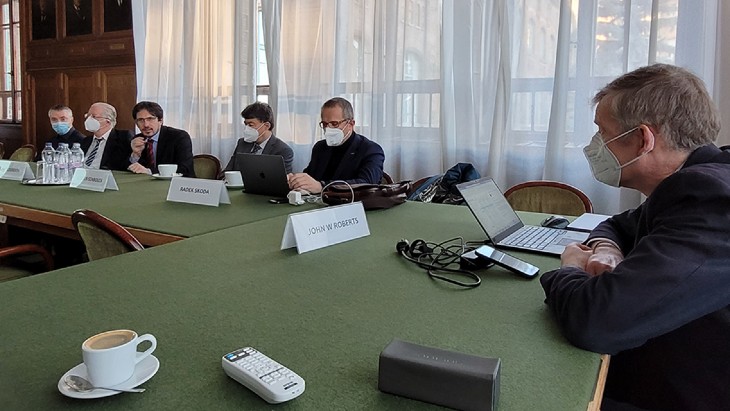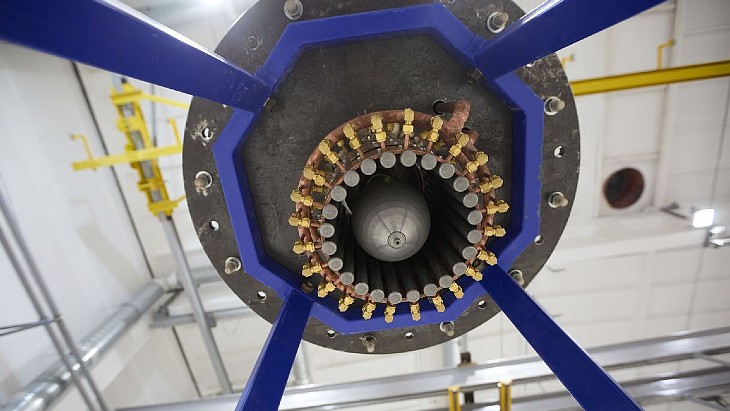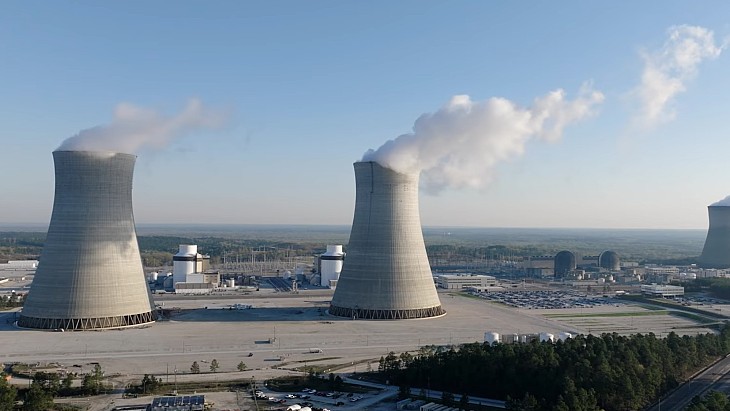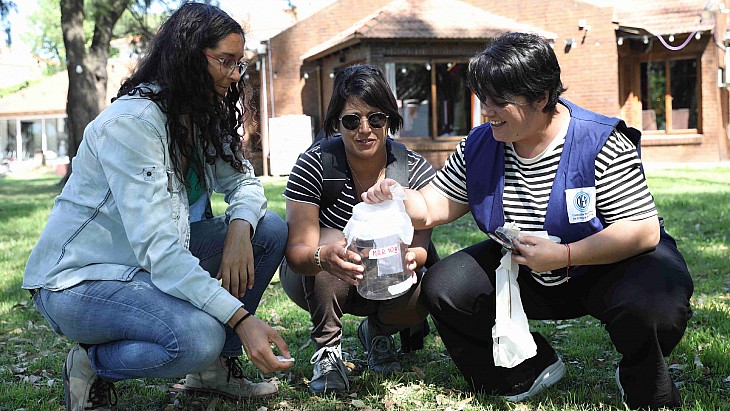Hungarian nuclear degree's first for IAEA review

The four day Level 3 Knowledge Management Assist Visit (KMAV), which took place in December, was the first of its kind and aims to support “further development of the programme by identifying potential new resources and sharing good practice”.
Through its KMAV service the IAEA plans to work with other universities with well-established nuclear and radiological education programmes, as well as helping others wanting to set up such programmes.
The review was led by John Roberts, an IAEA knowledge management specialist, with Robin Grimes, professor of energy materials at Imperial College, London, and Radek Skodam, professor of electric power engineering at the University of West Bohemia in the Czech Republic.
The review highlighted that “the possibility to access a training reactor is a tremendous advantage to the students and the degree programmes benefit from being closely aligned with the current and future needs of the Hungarian nuclear industry”.
Dean of the faculty of natural sciences at BME, Attila Aszodi, said Hungary had a “long-term commitment to use nuclear energy for the production of low carbon electricity”, which meant the “importance of high-quality education in the nuclear field is continuously increasing”.
“BME will see the benefits of this visit for many years to come,” he said, adding that BME had been advised to increase the international visibility of its nuclear training programmes and to further develop the use of alumni networkinu.
The IAEA’s Roberts said: “We are very grateful to BME for hosting this first-of-a-kind peer review and providing valuable feedback that will be incorporated in planning and conducting future missions of this kind. KMAVs can help universities optimise their programme delivery and content based on best practices collected from universities such as BME.”


.jpg)










